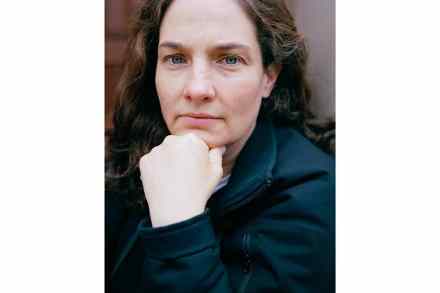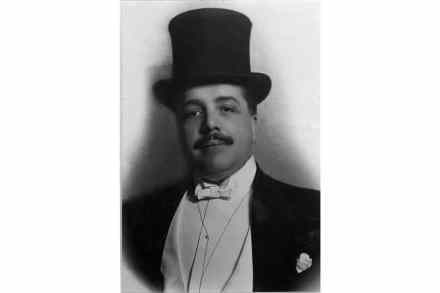Mad men plotting: The Unfolding, by A.M. Homes, reviewed
Fifteen years ago, A.M. Homes published The Mistress’s Daughter, an explosive, painful account of how she met her birth mother, Ellen, who had placed her for adoption as a baby when, as a very young woman, she became pregnant in the course of an affair with an older, married man. Perhaps the most memorable scene




















